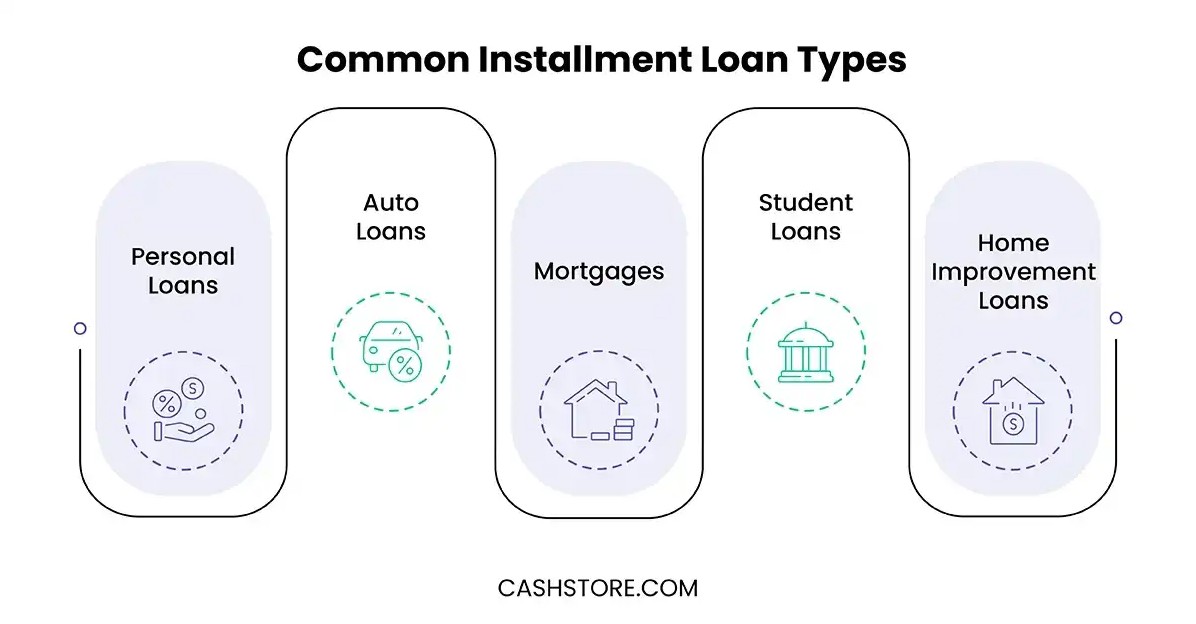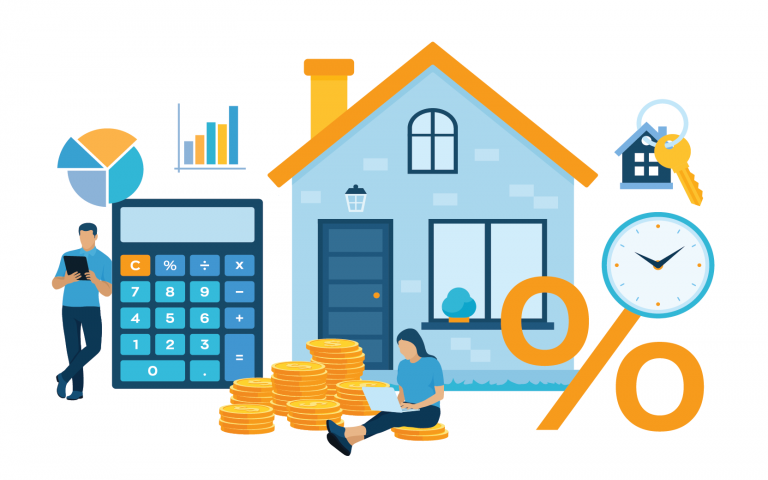The Ins and Outs of Loans: Navigating Your Funding Choices With Confidence
Maneuvering the facility landscape of loans requires a clear understanding of various kinds and important terminology. Lots of people find themselves overwhelmed by alternatives such as individual, automobile, and trainee loans, along with crucial concepts like rates of interest and APR. A grasp of these fundamentals not just aids in reviewing financial demands but also enhances the loan application experience. There are substantial factors and common risks that customers ought to acknowledge prior to continuing additionally.
Understanding Various Kinds of Loans
Loans work as crucial financial tools that deal with different needs and purposes. Individuals and companies can select from a number of sorts of loans, each made to meet certain demands. Personal loans, commonly unprotected, give debtors with funds for numerous personal expenditures, while vehicle loans make it possible for the purchase of lorries through secured financing.
Home loans, or home loans, aid customers in getting residential property, usually entailing lengthy payment terms and certain rates of interest. Trainee loans, targeted at funding education and learning, often included reduced interest rates and credit options up until after college graduation.
For companies, industrial loans supply essential resources for expansion, devices purchases, or operational expenses. In addition, payday advance loan give quick cash money remedies for immediate demands, albeit with greater passion rates. Recognizing the different kinds of loans enables consumers to make enlightened choices that line up with their economic goals and conditions.
Key Terms and Ideas You Must Know
When navigating loans, recognizing crucial terms and ideas is crucial. Interest rates play an important role in figuring out the expense of loaning, while different loan kinds deal with various financial demands. Familiarity with these components can encourage individuals to make informed decisions.
Rates Of Interest Explained
How do rate of interest impact borrowing decisions? Rate of interest stand for the price of borrowing money and are an essential consider economic decision-making. A higher rate of interest price boosts the total expense of a loan, making loaning less attractive, while lower rates can incentivize consumers to tackle debt. Lenders usage rate of interest prices to reduce threat, reflecting debtors' credit reliability and dominating financial problems - Cash Loans. Taken care of rates of interest continue to be continuous throughout the loan term, supplying predictability, whereas variable rates can change, potentially leading to greater repayments gradually. In addition, understanding the annual percent rate (APR) is essential, as it incorporates not simply passion however likewise any type of associated fees, providing a complete sight of loaning costs
Loan Enters Review
Maneuvering the landscape of loan types is important for consumers looking for the most appropriate funding options. Understanding various loan kinds helps individuals make informed choices. Individual loans are generally unsafe, excellent for consolidating financial debt or funding individual tasks. Mortgages, on the various other hand, are protected loans specifically for buying property. Automobile loans serve a similar function, financing automobile purchases with the vehicle as collateral. Service loans deal with entrepreneurs requiring resources for procedures or development. Another option, trainee loans, aid in covering instructional expenses, usually with favorable repayment terms. Each loan type presents distinct terms, rates of interest, and qualification standards, making it important for debtors to evaluate their monetary needs and capabilities before devoting.
The Loan Application Process Discussed
What actions must one take to successfully browse the loan application process? Individuals should evaluate their monetary requirements and determine the kind of loan that lines up with those demands. Next, they should evaluate their credit record to confirm precision and recognize areas for renovation, as this can influence loan terms.
Following this, debtors should collect essential documents, including evidence of income, work background, and economic declarations. Once prepared, they can come close to loan providers to ask about loan items and rates of interest.
After picking a lending institution, finishing the application properly is necessary, as omissions or errors can delay processing.
Last but not least, applicants must await prospective follow-up requests from the lender, such as additional documents or clarification. By adhering to these actions, people can enhance their chances of a effective and smooth loan application experience.
Variables That Influence Your Loan Approval
When thinking about loan authorization, several essential variables come into play. Two of the most considerable are the credit report and the debt-to-income proportion, both of which provide lenders with understanding into the borrower's financial security. Understanding these elements can substantially boost a candidate's possibilities of securing the wanted financing.
Credit Score Importance
A credit score functions as a vital criteria in the loan authorization procedure, affecting loan providers' assumptions of a debtor's monetary integrity. Generally ranging from 300 to 850, a higher score indicates a history of responsible credit scores use, consisting of timely payments and low credit history application. Different aspects add to this rating, such as settlement background, size of credit rating, kinds of credit accounts, and current debt inquiries. Lenders use these scores to examine threat, identifying loan terms, rate of interest, and the likelihood of default. A strong credit score not just improves authorization chances however can also lead to much more beneficial loan problems. On the other hand, a reduced rating may result in greater rates of interest or rejection of the loan application completely.
Debt-to-Income Proportion
Many lenders think about the debt-to-income (DTI) ratio an essential aspect of the loan approval procedure. This financial metric contrasts an individual's regular monthly financial obligation settlements to their gross month-to-month earnings, offering understanding into their capacity to handle additional debt. A reduced DTI ratio indicates a much healthier monetary situation, making consumers more appealing to loan providers. Variables influencing the DTI ratio include real estate expenses, credit score card balances, trainee loans, and various other reoccuring expenses. Additionally, modifications in earnings, such as promotions or work loss, can substantially impact DTI. Lenders generally prefer a DTI proportion below 43%, although this limit can differ. Comprehending and handling one's DTI can enhance the opportunities of securing beneficial loan terms and rates of interest.
Tips for Managing Your Loan Sensibly

Usual Mistakes to Prevent When Taking Out a Loan

Additionally, lots of people hurry to accept the initial loan offer without contrasting alternatives. This can result in missed chances for better terms or lower rates. Customers need to likewise avoid taking on loans for unneeded costs, as this can result in lasting financial obligation problems. Neglecting to evaluate their credit rating score can impede their capability to safeguard desirable loan terms. By recognizing these pitfalls, customers can make informed choices and browse the loan procedure with greater self-confidence.
Frequently Asked Concerns
Exactly How Can I Enhance My Credit Score Prior To Applying for a Loan?
To enhance a credit score before getting a loan, one ought to pay costs in a timely manner, reduce outstanding financial debts, examine credit score records for mistakes, and prevent opening up brand-new credit scores accounts. Consistent economic behaviors generate positive outcomes.
What Should I Do if My Loan Application Is Denied?

Exist Any Kind Of Fees Connected With Loan Early Repayment?
Lending early repayment fees might use, depending on the lender and loan type. Some loans include fines for early repayment, while others do not. It is crucial for borrowers to review their loan arrangement for particular terms.
Can I Discuss Loan Terms With My Loan provider?
Yes, debtors can work out loan terms with their lenders. Factors like credit history, settlement background, and market problems may influence the loan provider's desire to modify interest prices, repayment timetables, or fees connected with the loan.
How Do Rates Of Interest Affect My Loan Repayments Over Time?
Rates of interest substantially influence loan settlements. Greater rates cause raised monthly payments and complete passion prices, whereas lower rates decrease these expenditures, eventually influencing the consumer's overall monetary worry throughout the loan's period.
Several people find themselves overwhelmed by options such as individual, automobile, and pupil loans, as well as essential concepts like interest rates and APR. Rate of interest rates play an important duty in identifying the expense of borrowing, while different loan types provide to numerous economic requirements. A higher rate of interest price increases the total price of a loan, making loaning less enticing, while lower rates can incentivize customers to take on debt. Fixed interest rates remain consistent throughout the loan term, supplying predictability, whereas variable prices can change, potentially leading to greater payments over time. Financing prepayment fees might apply, depending on the lender and loan kind.